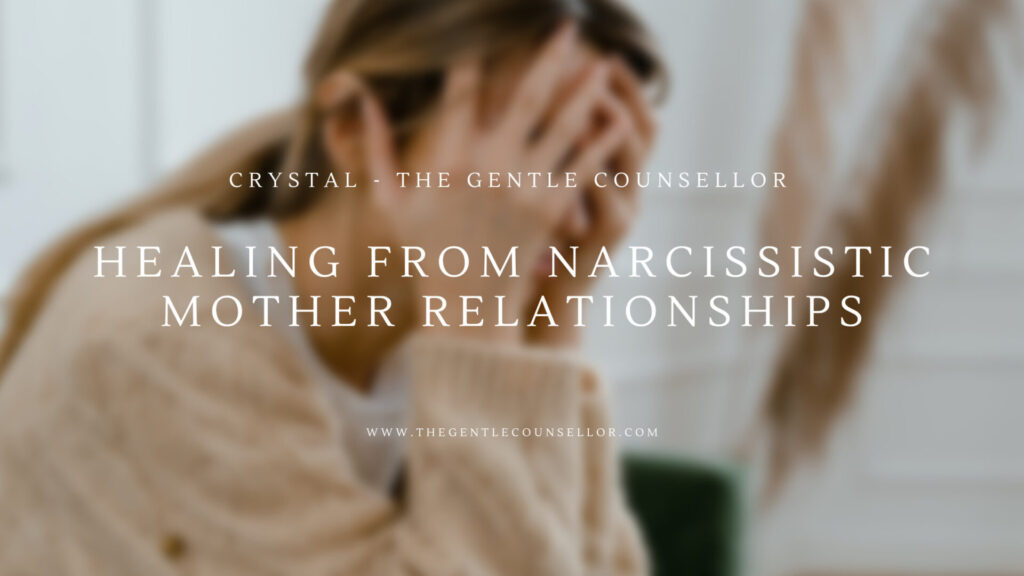
Healing from Narcissistic Mother Relationships: Empowering Women in Australia to Seek Support and Find Hope
Empower yourself with information on healing from narcissistic mother relationships in Australia. Understand narcissism, signs of trauma, and find support. Discover hope for healing and breaking the cycle for a brighter future.
Navigating a relationship with a narcissistic mother can be an emotionally draining and traumatic experience. Many women in Australia find themselves seeking support and healing from the effects of these complex and challenging dynamics. This blog post aims to shed light on what narcissism is, the varying degrees of its impact, and the signs of trauma associated with a narcissistic mother. By providing valuable information and resources, I hope to empower women in Australia to take proactive steps towards healing, cultivating healthier relationships, and breaking the cycle for future generations.
Understanding Narcissism
- Defining narcissism and its spectrum: From lacking empathy to full-blown diagnosable narcissistic personality disorder.
- Differentiating between healthy self-esteem and narcissistic tendencies.
- Exploring the origins of narcissism and its potential causes.
The Impact of a Narcissistic Mother
- Emotional manipulation and control: Understanding the tactics used by narcissistic mothers.
- The long-term effects of a narcissistic mother-daughter relationship.
- The development of complex trauma and its impact on emotional well-being.
Signs of Trauma from a Narcissistic Mother
- Struggling with self-worth and low self-esteem.
- Fear of abandonment and rejection.
- Difficulty setting boundaries and asserting oneself.
- Constant need for external validation and approval.
- Trust issues and difficulty forming healthy relationships.
- Experiencing chronic anxiety, depression, or emotional instability.
Seeking Support for Healing
- The importance of reaching out for help and professional support.
- Identifying a qualified therapist or counsellor experienced in narcissistic abuse and trauma.
- Utilising support groups and online communities for validation and shared experiences.
- Practicing self-care techniques to promote emotional healing and self-compassion.
Hope for Healing and Breaking the Cycle
- Recognising that healing is a journey: Patience and self-compassion are key.
- Developing self-awareness and building resilience.
- Establishing healthy boundaries and fostering self-love.
- Cultivating positive and supportive relationships.
- Breaking the cycle: Nurturing healthy relationships with future generations, including daughters, to prevent perpetuating the cycle of narcissistic abuse.
Conclusion:
Healing from the trauma of a narcissistic mother is a courageous and transformative journey. By understanding the nature of narcissism, recognising the signs of trauma, and seeking support, women in Australia can embark on a path towards healing, self-discovery, and empowerment. Remember, you are not alone, and there is hope for a brighter future filled with healthier relationships and the ability to break the cycle for generations to come.
Book a Counselling Session with Crystal
Crystal provides individual and couple counselling. She specialises in Trauma, Attachment Theory, Perinatal Mental Health and Parenting Support. You can be supported in processing your trauma in a safe space to be seen and heard. Maybe you'd like to feel calmer and less triggered in your parenting, not worry so much about what others think of you, find more balance in meeting your own needs, figure out better communication skills, or just need someone to talk with who 'gets it'.